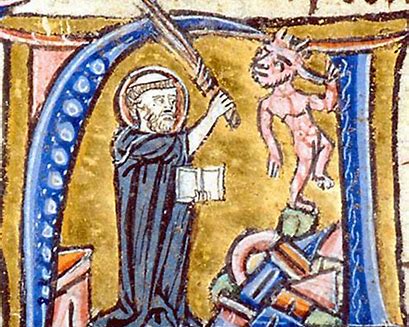One of my favorite writers was Richard John Neuhaus. He always had a marvelous turn of phrase that made you stop, go back, and re-read what he had written and come away intellectually challenged and eager to read more. In one of his articles in “First Things” he writes about an ecclesiastical leader who he says is, “pathetically apostate in a manner that tries but fails to reach the gravity of heresy”.
What a great image! Searching desperately to be a heretic but never quite able to reach those heights. Apostasy is one thing, heresy is another evidently. Where does one cross the line? If words mean things and they do, then the way we define these words is extremely important.
The term apostasy comes from the Greek word apostasia meaning defection, departure, revolt or rebellion. It has been described as “a willful falling away from, or rebellion against, Christianity. By that definition a majority of what we assumed to be Christians are apostate. They have defected from the church and the excuses we make for them is that they love Jesus, they just do not like the church. This is a fascinating argument. They love the head of the church, Jesus, they just don’t like His Body and the institution that He created to be His witness in the world. Parents love to banter about their apostates, that they believe in Jesus, they just don’t come to church. My response is the devil believes in Jesus too, so what is the difference between their faith and his?
Apostasy is the rejection of Christ by one who has been a Christian”, one definition reads. Another definition is those Christians who have taken the world and mixed it with the church resulting to weak (little) or no faith in Jesus Christ. Another is those who have deliberately twisted the scriptures perverting the word of God to fit their circumstances and pursue what they want to. This include the Christians, the teachers, the pastors and all men of God who are searching for share of power, fame and money; scoffers preaching what people want to hear so not to offend any one. By those definitions most of us are apostate in one way or another.
Heresy is defined as someone who supports a doctrine that the orthodox church has declared to be false. Even after being shown clearly from Scripture that what they teach is false, they continue to do so. Here is where it gets tricky. Who decides what is orthodox. This was Luther’s great conundrum when the church called him a heretic. The question haunted him, “why do I think I am right when all the councils and much of church history says I am wrong”. His answer was always the testimony if the Scriptures.
I love the quote from Neuhaus. I think the pathetically apostate are all around us, and we may even be them.


